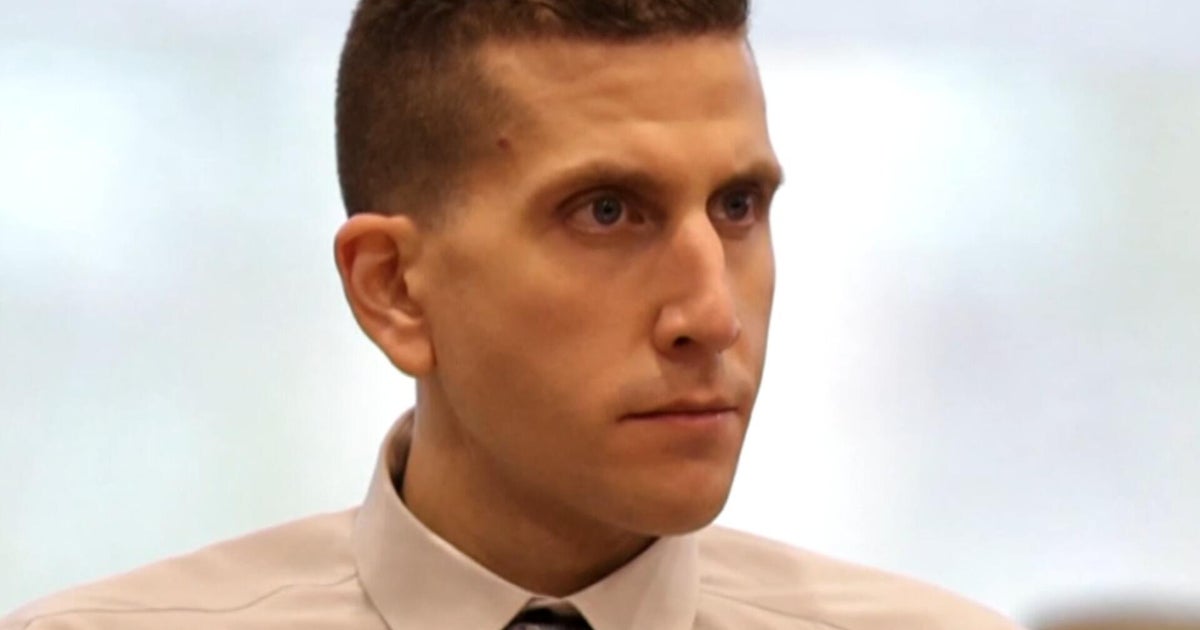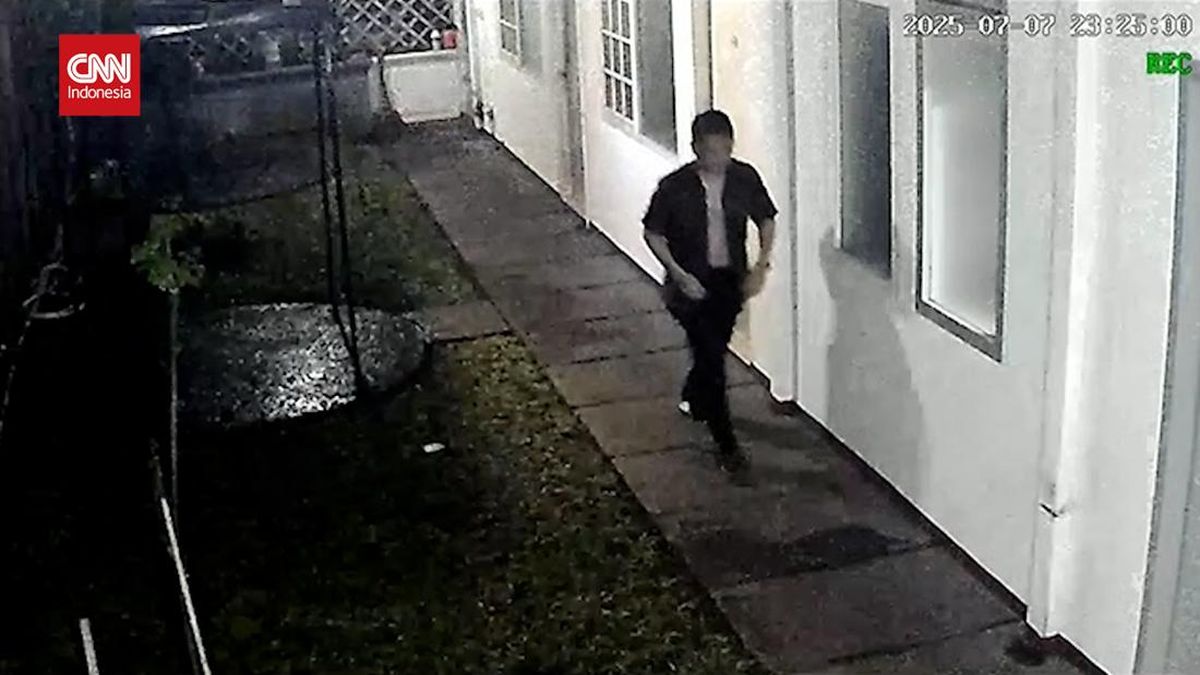Geoff Hutchison has officially entered the harrumph zone. Change is everywhere. His waning status. His ageing body. This whole shot-to-hell world. Whether on ubiquitous screens or the drive to the supermarket, stupidity and inconvenience conspire to exasperate him. His mission now: How Not to Become a Grumpy Old Bugger.
“I genuinely think I’m a better person for having written it,” the former ABC radio presenter says of his first book, subtitled A bloke’s guide to living a better life. “I’ve had cause at times to remind myself, if I’m going to tell other people how they should live their lives, I’ve got to respond to that. I’ve got to take this stuff seriously.”
After 40 years as a journalist, not least with Foreign Correspondent and 7.30, he knows serious. But it was his last 16 in talkback on ABC Perth that gave him the necessary tone for a book addressing the minefield of male discontent: rigorous enquiry, sure, but with a lightness of touch that invites leaning in.
“I wanted to hit blokes between the eyes on a couple of things, but I also know they will put the book down and never read another paragraph if I can’t win them over to the conversation,” he says. “Although I still think their partners might read bits of it out loud to them in bed. That would make me happy too.”
In terms of inspiration, he recalls one beacon of grump from early in his talkback career: February 13, 2008, the day new PM Kevin Rudd apologised to the Stolen Generations. “I reckon the first six callers were blokes, and they were all saying, ‘I don’t see that I should have to apologise for anything’. I didn’t say it on air but I thought, ‘Oh my god, how can these blokes be such bastards?’
“Back then I took it personally. I don’t now. I would now want to say to those blokes: ‘This isn’t about you. Not everything that happens in the world is about you.’ That whole ‘Harrumph, well I don’t like it’ – I want to convince them to just let some things go.”
Hutchison’s book is not interested in culture wars. He isn’t out to debate pronouns or cancel culture. What he’s describing is something quieter and more insidious: a kind of emotional shrinkage, a stubborn stand-off with acceptance.
“You raise the kids, the job ends, and you become a little less interesting to everyone. That’s the bit no one tells you,” he says, with the fresh insight of the recent retiree. “And if you were defined by that role” – the job, the dad, the problem-solver – “I think you’re very vulnerable to sadness. And loneliness.”

Hutchison spent the last 16 years working at ABC radio, where many of his callers helped inspire his book.
The grim end of male sadness is devastating. In Australia, Hutchison discovered, 86 men call an ambulance every day with thoughts of suicide. In 2023 alone, 64 women were killed in acts of male violence. But he doesn’t have to consult experts and statistics to see the darkness festering in blokes’ heads.
He recalls stumbling on a social media chat sharing the praises of Italian restaurants. “Every positive comment came from a woman. Every negative and unnecessary one came from a bloke. And I’m just thinking, who are you? What are you doing, sitting at a keyboard, hating everything? Is there any pleasure in that?”
Then there was a bloke named Ian, compelled to comment under an exultant photo of three young footy players with hands casually resting on each other’s knees. “Back when I played footy,” Ian said, “we would get the shit kicked out of us for posing like that.”
TAKE 7: THE ANSWERS ACCORDING TO GEOFF HUTCHISON
- Worst habit? It used to be celebrating cynicism. But after hearing Billy Bragg declare that “cynicism is the enemy of hope”, I am now determinedly of the same opinion.
- Greatest fear? I don’t like them Fascists very much. Indeed, anyone who seeks political advantage by using fear to target and blame “others”. And I’m wary of anyone who thinks the concept of Prosperity Theology is endorsed by a greater power.
- The line that stayed with you? ”Love this life, don’t wait ’til the next one comes” – Neil Finn.
- Biggest regret? A kitchen accident that left my young son only partially sighted. I had my back turned as he tried to open a bag of apples with scissors. And yes, it was as awful as it sounds. I’ve written about it for the first time in my book in the chapter titled Regret.
- Favourite book? Richard Ford’s The Sportswriter (1986). I was a young version of one at the time.
- The artwork/song you wish was yours? The Portrait of the Journalist Sylvia von Harden by the German painter Otto Dix.
- If you could time travel, where would you choose to go? London in the mid ’60s please, with plenty of money in my pocket. And if you could get me into the Marquee Club to see … oh I dunno, David Bowie, The Rolling Stones or Jimi Hendrix that would be splendid.
“That bloke is just curating a museum of dickheadedness,” Hutchison says. “It’s awful, and I bet it’s making him sick. I bet his wife doesn’t like him much. And I bet his son doesn’t come home to watch footy on Friday nights because he can’t bear to hear Dad talk about their haircuts.”
That author doesn’t exempt himself. He recounts one episode of fuming at an umpire’s call that his daughter, gently, had to tell him was pathetic. He talks about making his mates laugh by impersonating “some dickhead” at the pub. “I find that kind of cynicism less funny now. When blokes shrink into that tight, narrow worldview, they must be awful to live with.”
He owns that too. Post-ABC, he assumed more time with his wife, Philippa. But her career as a documentary maker is firing. “She’s about to fly to the UK for three weeks of interviews. So I had to remind myself: you don’t need to be at the centre of everything. You can swan around on the edges. Pick and choose how you want to engage. Just make sure you do.”

The active pursuit of engagement is a theme of Hutchison’s book. “If you’ve got male friends, place some value on that friendship. Whatever the next five, 10, 20 years look like – and they might be terrific, or they might be absolutely shithouse – you want to have people to talk to about it.”
That refusal to disappear, to keep showing up, runs through the people he interviews. There’s social researcher and psychologist Hugh Mackay, still sharp and empathetic at 86. Alex Pearce, the Fremantle Dockers’ captain is emotionally open in a way Hutchison finds quietly radical.
Through his son he meets a trans woman named Gemma, whose calm presence contrasts powerfully with the rage of anonymous detractors. Two GPs talk bluntly about ageing bodies behind pseudonyms designed to tickle sci-fi-nerds: Peter Venkman and Leonard McCoy.
At both ends, it’s Hutchison’s late father who anchors the book. The man who blithely proclaimed his unhappiness as a fact of life when Geoff was a boy “used to come home from the Italian Club in Pickering Brook and say, ‘God, people are stupid’. I used to think, ‘Is it just the gang you’re hangin’ out with Dad?’ I’ve got to believe not everyone is quite so venal or miserable.
“Dad came back from the precipice a bit,” he adds. “In his last few years he’d listen to me on the wireless, and he liked it well enough. And two of his grandkids were here. So that made him quite a lot chirpier than he’d been.”
Loading
The common root of men’s discontent? From this survey, it’s nothing more radical or newfangled than change itself: the slow, inevitable erosion of lifelong comforts we’ve been privileged to take for granted. Asked to boil the grumpiness solution down to a golden rule, Hutchison answers without hesitation.
“Curiosity. Try and prise your world open. Curiosity provides beautiful opportunity to be appreciative of things and not so judgmental.
“Even if the world is going to hell, I want blokes to realise that there is really good opportunity to provide hope and comfort to those you love. And when that’s reciprocated, when your granddaughter says you’re terrific, you can just think, actually it is worth being around. And participating.”
How Not to Become a Grumpy Old Bugger (Affirm Press) is out July 29
The Booklist is a weekly newsletter for book lovers from Jason Steger. Get it delivered every Friday.















































